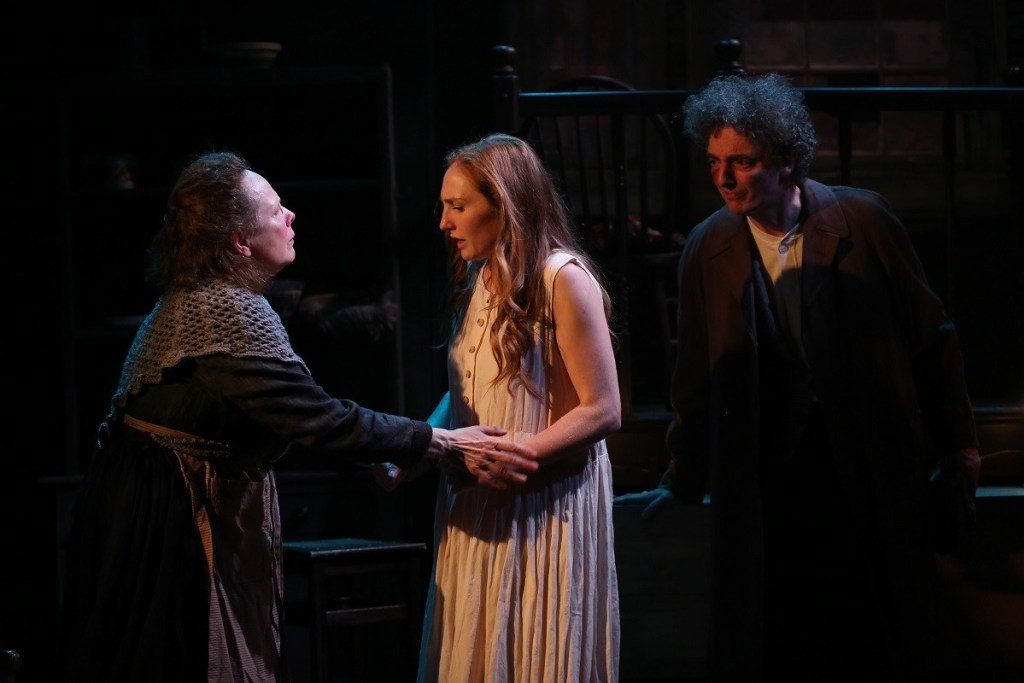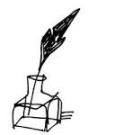* * *
The most important theatrical event of the year to date is the Irish Repertory Theatre’s decision to devote the second half of its season to the works of Seán O’Casey. In addition to presenting concert-style readings of 17 of O’Casey’s plays, the Rep is now mounting fully staged performances in rotating repertory of his “Dublin Trilogy,” the trio of savagely funny tragicomedies in which O’Casey cast an ice-cold eye on the travails of a country whipsawed by the murderous lunacy of political violence. “The Plough and the Stars,” the last of these shows, has just opened, and while I wouldn’t go so far to say that it’s the best of them—all three are indispensably eloquent—it is the one that I expect to linger longest in my own mind. Staged with unmannered directness by Charlotte Moore and acted by an ensemble cast whose members sound as though they’d just stepped off the morning plane from Dublin, it will leave you wondering why O’Casey’s plays aren’t done by every top-tier theater company in America….

“The Plough and the Stars,” like “The Shadow of a Gunman” and “Juno and the Paycock” before it, shows how working-class Dubliners coped—or failed to cope—with the civil warfare that put Ireland to the torch during the first part of the 20th century. The Easter Rising of 1916 is the subject of this panel of the trilogy, and O’Casey renders it with the furious disillusion of a man who has lost patience with all those who preach the glory of war. “People in Ireland dread war because they do not know it,” an offstage rabble-rouser (electrifyingly played by Ciarán O’Reilly) shouts to a thrilled mob of fools. “When war comes to Ireland she must welcome it as she would welcome the Angel of God!” But Nora Clitheroe (Clare O’Malley), whose husband (Adam Petherbridge) is a commandant in the Irish Citizen Army, knows with the certainty of a prophet that it will bring to her and her loved ones only death and despair….
Two bookended lines from “The Plough and the Stars” sum up O’Casey’s unromantic vision of the truth about war. The first is spoken by Fluther (Michael Mellamphy), an amiable boozer who is stunned by the sound of the big guns of the British troops who have come to reclaim Dublin from the Irish Volunteers: “Surely to God they’re not goin’ to use artillery on us? Aw, holy Christ, that’s not playin’ th’ game!” The second is spoken by a British sergeant (Harry Smith) who sees one of his fellow soldiers shot dead by an Irish sniper: “That’s not playing the game: why don’t they come into the open and fight fair!” The hollow echo of these lines will resound in your ear long after the play is over….
* * *
Read the whole thing here.An excerpt from John Ford’s 1937 film version of The Plough and the Stars, adapted for the screen by Dudley Nichols and O’Casey. The role of Fluther is played by Barry Fitzgerald, who created the part in the Abbey Theatre’s original 1926 production:


